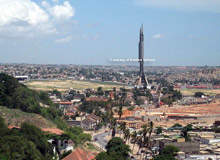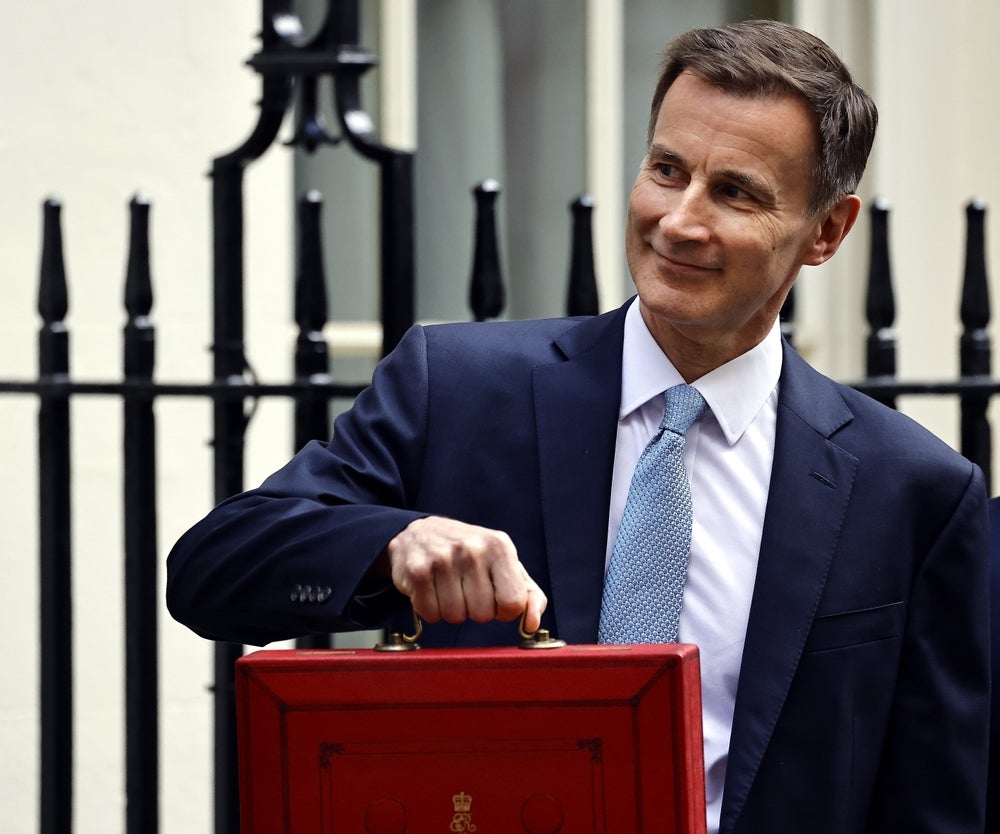
Nigeria could be toppled from its spot as Africa’s foremost oil producer, losing up to $50bn in foreign investment, according to Royal Dutch Shell’s regional executive vice president of exploration and production in Africa.
“Nigeria’s position in global oil and gas markets cannot be taken for granted,” said Ann Pickard at February’s Nigeria Oil and Gas conference in Abuja, ahead of taking up her new role as head of Australian production and exploration for the petroleum giant the following month.
“Nigeria’s oil and gas production has not only failed to grow, it has fallen every year since 2005,” she continued. “Investment in the industry has stalled. Final investment decisions are not being taken in deepwater and, unlike Australia, no new liquefied natural gas (LNG) projects have been approved onshore. As a result, other countries are catching up with Nigeria fast.”
Oil reforms
The Nigerian Parliament is currently debating the Petroleum Industry Bill, an attempt to reform the oil sector. If passed, it will mean that the government can decrease foreign firms’ share of profits and impose higher royalties and taxes. The proposals focus on the growing deepwater sector, where officials feel that present laws are too generous to foreign petroleum companies and are depriving Nigeria of the compensation of higher oil
prices.
See Also:
Pickard, however, thinks the problems could be blamed on “a failure to recognise that we all benefit from taking a fair share of a growing industry rather than an excessive share of a declining one”. Royalties due on a large field such as Shell’s Bonga will jump from 1-2% to more than 20% if the new terms are accepted.
How well do you really know your competitors?
Access the most comprehensive Company Profiles on the market, powered by GlobalData. Save hours of research. Gain competitive edge.

Thank you!
Your download email will arrive shortly
Not ready to buy yet? Download a free sample
We are confident about the unique quality of our Company Profiles. However, we want you to make the most beneficial decision for your business, so we offer a free sample that you can download by submitting the below form
By GlobalDataShell will not end its 50-year relationship with Nigeria because the company has taken great strides in the region since 2005, including the supply of more than three-quarters of Nigeria’s domestic gas and the construction of a new power plant that increased national grid capacity by approximately 20%. Total also plans to invest $20bn with its partners in four to five years.
Despite this, Pickard believes that $50bn of planned investment in Nigeria’s hydrocarbons will not be proffered if the reforms go ahead. Andrew Fawthrop, Nigeria head for Chevron, the biggest shareholder of the $9bn Agbami field that reached peak production last year of 250,000bpd, has already commented: “We have to work closely together or billions of dollars will end up going elsewhere.”
Trouble ahead?
Pickard is also convinced that mistakes in the bill may cause problems in years to come.
“The simple, passionately stated priorities of government have been completely lost in a cumbersome document that lacks insight into the very basics of our industry,” she said at the Abuja-based conference. “If passed in the form currently proposed, its mistakes will take years to correct. All proposed deepwater projects between now and 2020 will become uneconomic.”
Moreover, militant attacks in the Niger Delta have had a huge impact on oil production. During the peak of the attacks last year, output slipped from 2.2 million bpd to 1.5 million bpd, at which point Angola overtook Nigeria as Africa’s top oil producer.
“Nigeria’s share of global oil production has fallen just over 30% since 2005,” Pickard said, and Shell itself saw part of its almost one million barrels a day output cut because of political strife in the region.
Oil city attacks
The latest bout of militant attacks was launched in March 2010 as Nigerian rebels detonated two car bombs outside a government building in the southern oil city of Warri, where talks were being held about implementing an amnesty programme. The attacks, committed by Movement for the Emancipation of the Niger Delta, are a major setback for the country’s acting president Goodluck Jonathan who is working to restore peace in the Niger Delta, the centre of the country’s oil and gas industry.
IOCs may be tempted to invest in nearby Angola, which, according to the latest Nigeria Oil and Gas Report, is only one point behind Nigeria in the Upstream Business Environment rating. Angola surpassed Nigeria as sub-Saharan Africa’s leading oil producer last year and has been forecast to double Nigeria’s offshore output by 2020. Moreover, $8bn was invested in Angola’s deepwater resources last year, more than twice as much as
Nigeria.
According to Pickard, the southern African country has drilled more oil wells than Nigeria in the past decade: “It has drilled more exploration wells than Nigeria every year since 1999 except one.”
Mark Ward, ExxonMobil’s Nigeria head, claimed at the February conference that the world’s largest listed oil group will remain bullish regarding the Nigerian situation. But the determination among international firms could wane if circumstances worsen. Nigeria has a tough fight on its hands to maintain its status as Africa’s leading oil producer with its continuing political instability, Angola’s growing strength and the potentially
damaging petroleum bill.
Investment dependency
While the Nigeria Oil & Gas Report in the same month forecasts a steady increase in production, such a scenario remains thoroughly dependent on continuing investment and the cessation of militant attacks.
The report predicts that Nigeria will account for 11.95% of African regional oil demand by 2014, while providing 22.36% of supply. In terms of natural gas, the country contributed 18.18% to estimated 2009 African regional gas production, and, by 2014, should account for 21.06% of supply.
Figures for 2009 are based on an average OPEC basket price of $59 per barrel, but this is expected to increase to $83 per barrel in 2010 and $90 per barrel in 2012 and beyond. Oil demand is also predicted to rise from an estimated 376,000bpd in 2009 to 493,000bpd in 2014, representing a 3-5% annual growth.
State-owned Nigerian National Petroleum Corporation accounts for more than 50% of oil production and over 40% of gas supply, but also has a large number of international oil company partners contributing to a forecast rise in oil and liquids production from 1.98mbpd in 2009 to 2.8mbpd by 2014.
Between 2009 and 2019, Nigerian oil and gas liquids production has been forecast to increase by 71.7%. For this to become a reality, however, one feels that at least some of Pickard’s warnings need to be heeded.




